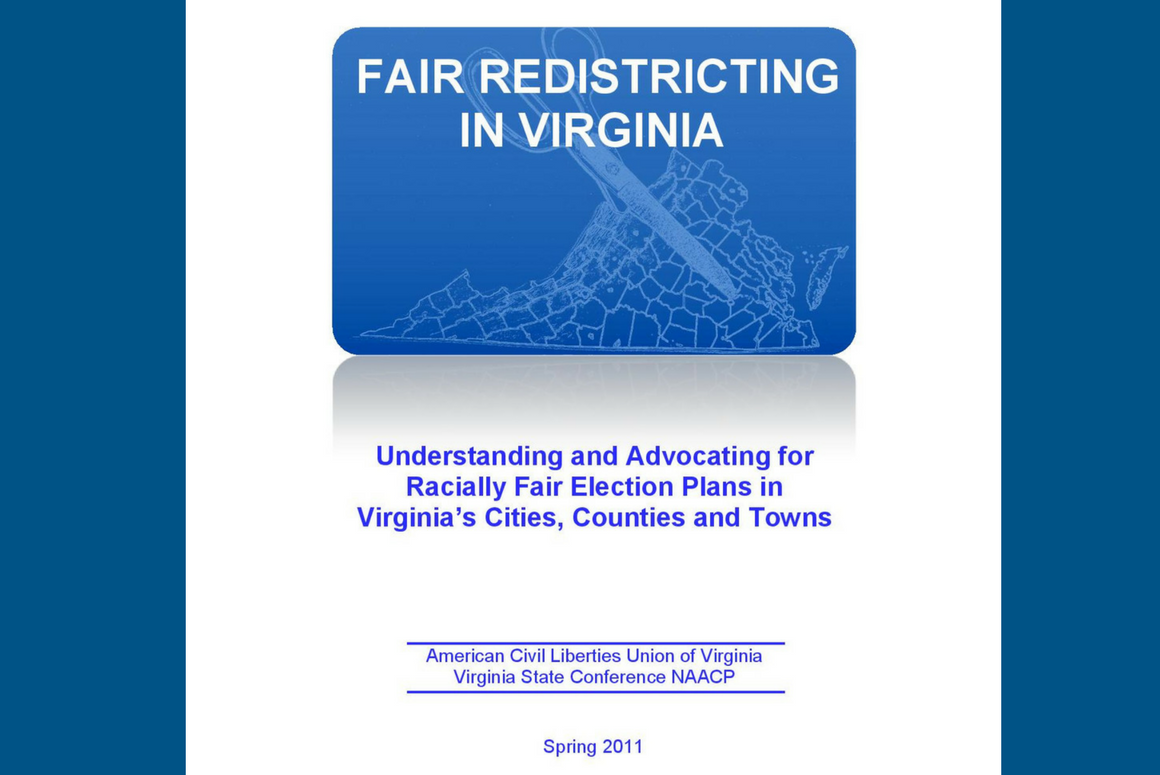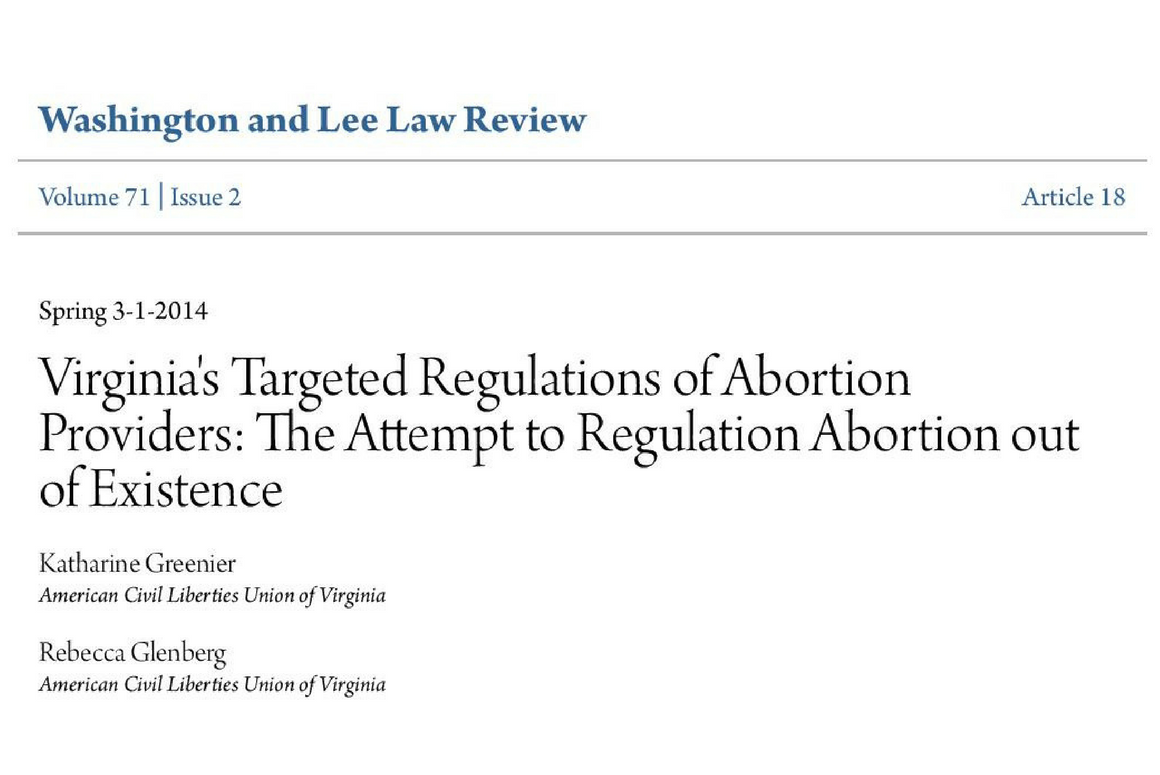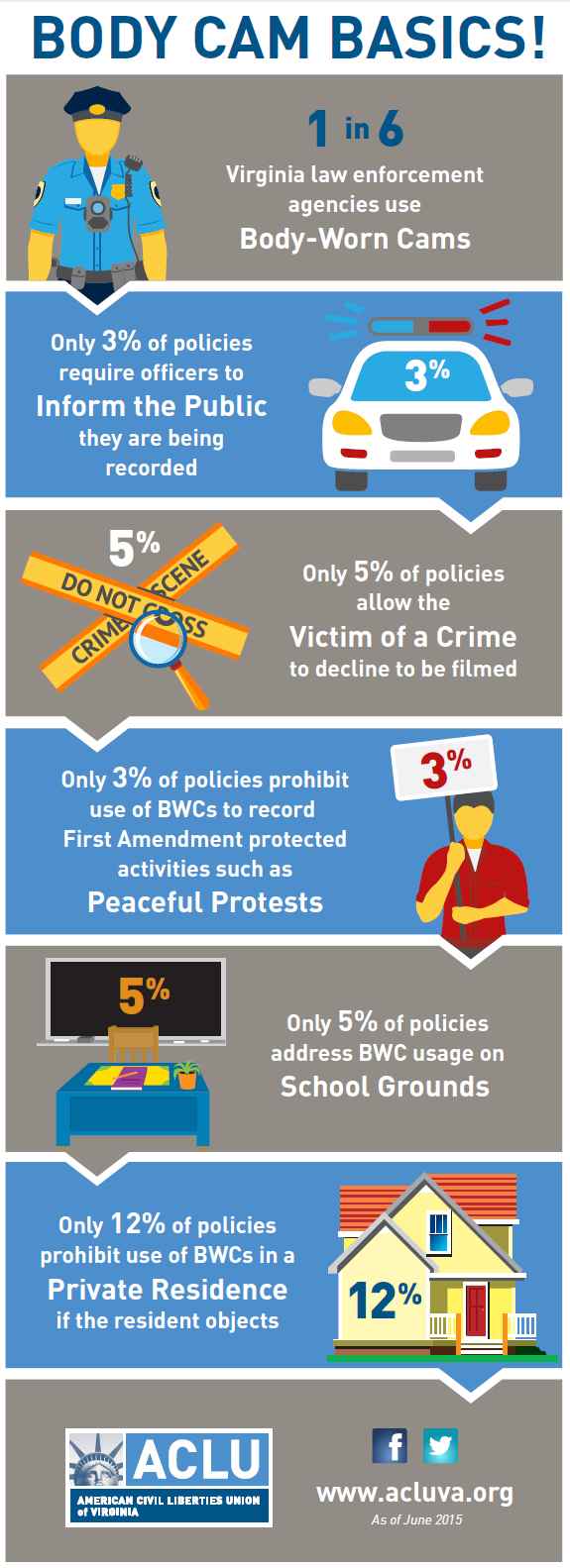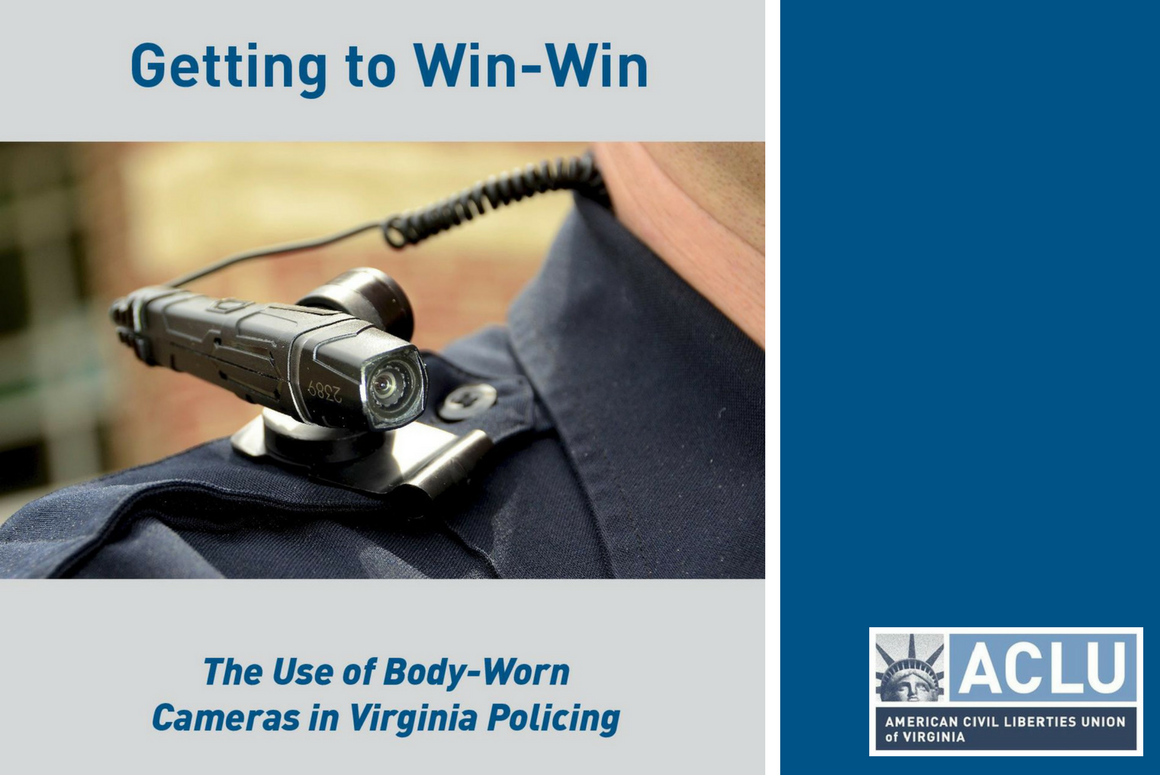Although redistricting is often thought of as something best left to politicians and the experts, nothing could be further from the truth. Every voter has a vital stake in redistricting because it determines the composition of districts that elect public officials at every level of government.
This report examines local redistricting in Virginia from the viewpoint of racial fairness. You will find inside a brief history of redistricting in Virginia over the last thirty years and tips on how you can have an impact on redistricting today.
2011 Congressional Redistricting Proposal with 2 Majority African-American Districts
Date
Sunday, May 15, 2011 - 4:45pm
Featured image
Show featured image
Hide banner image
Related issues
Voting Rights
Documents
Show related content
Tweet Text
[node:title]
Type
Menu parent dynamic listing
Style
Standard with sidebar
Antichoice movement leaders unable to ban abortion using lawsuits, intimidation, or, in some cases, violence have now turned to a strategy of seeking to regulate abortion providers out of existence, achieving indirectly what they couldn’t accomplish directly, particularly with respect to first-trimester abortions, which enjoy the greatest protection under Roe v. Wade. TRAP laws are one of the regulatory initiatives the purpose of which is to eliminate all access to legal abortions by making it physically or economically impossible for doctors and clinics to provide these services.
Download the full Washington and Lee Law Review Article below or view it on online here.
Date
Saturday, March 1, 2014 - 4:30pm
Featured image
Show featured image
Hide banner image
Documents
Show related content
Tweet Text
[node:title]
Type
Menu parent dynamic listing
Style
Standard with sidebar
Body worn cameras (BWCs) are cameras worn on police officers’ bodies that record audio and video of officers’ interactions with the public from the officers’ perspective. As with many technological advances in policing the deployment of this technology without proper safeguards and the right policies in place can turn a tool meant to promote police accountability into a tool that expands the surveillance state.
Given the public interest in assuring deployment of BWCs serves both the interests of Virginians and the police who serve them, the ACLU of Virginia initiated a project to gather and report to the public information on the use of BWCs by law enforcement agencies in the Commonwealth. That project has now led to the publication of this report and recommendations regarding the use of BWCs in Virginia. The finding and recommendations in the report are based on information gathered in June 2015. There are likely more departments using body cameras now and other departments that may have revised policies since that time.
Download the full report "Getting to Win-WiN"
Appendix A: Virginia Department of Criminal Justice Services Model Policy
Appendix B: ACLU of Virginia Model Body Worn Camera Policy
Appendix C: Freedom of Information Act Request Sent to Local Law Enforcement Regarding Body Worn Cameras
Appendix D: 25 Questions Used to Review Body Worn Camera Policies
Appendix E: Summary of Body-Worn Camera Policies
Body-Worn Camera Policies by Locality
Date
Wednesday, September 9, 2015 - 3:45pm
Featured image
Show featured image
Hide banner image
Documents
Show related content
Tweet Text
[node:title]
Type
Menu parent dynamic listing
Style
Standard with sidebar
Pages



